Introduction
Artificial intelligence (AI) is evolving beyond passive automation into a more autonomous and proactive form known as Agentic AI. Unlike traditional AI, which requires explicit human input to function, Agentic AI can make independent decisions, initiate actions, and adapt to dynamic environments. This new class of AI is transforming industries by streamlining operations, enhancing productivity, and reducing human intervention.
What Is Agentic AI?
Agentic AI refers to AI systems that possess agency, meaning they can operate independently, make decisions based on real-time data, and execute tasks without continuous human oversight. These systems integrate machine learning, reinforcement learning, natural language processing (NLP), and predictive analytics to proactively respond to challenges and opportunities.
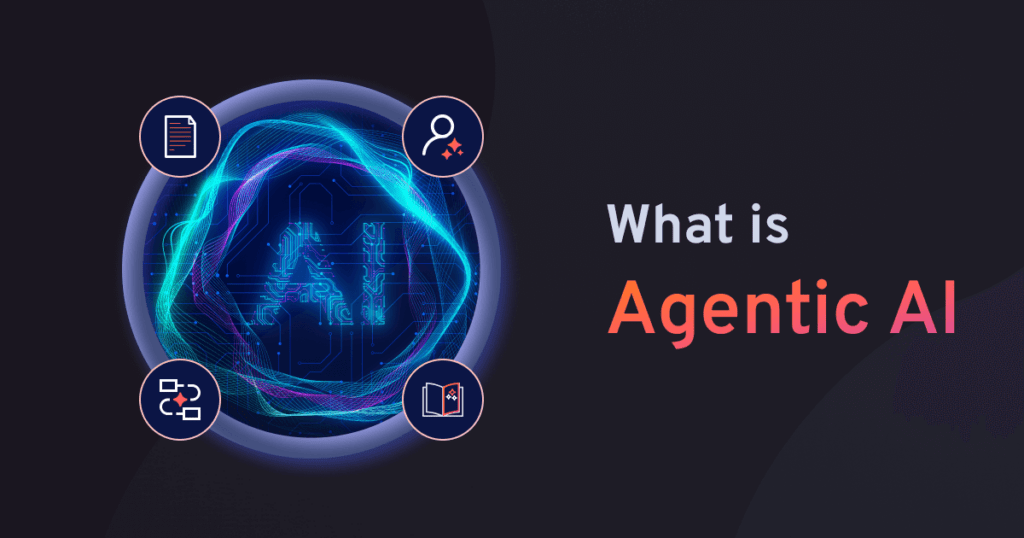
Key Features of Agentic AI
- Autonomous Decision-Making – Can analyze data, identify patterns, and take actions without human intervention.
- Proactive Engagement – Anticipates user needs and initiates tasks before being prompted.
- Context Awareness – Adapts to changing environments using real-time data and predictive modeling.
- Self-Learning and Adaptation – Continuously improves its decision-making through feedback loops and reinforcement learning.
- Multi-Domain Applications – Operates across various industries, from customer service to logistics and finance.
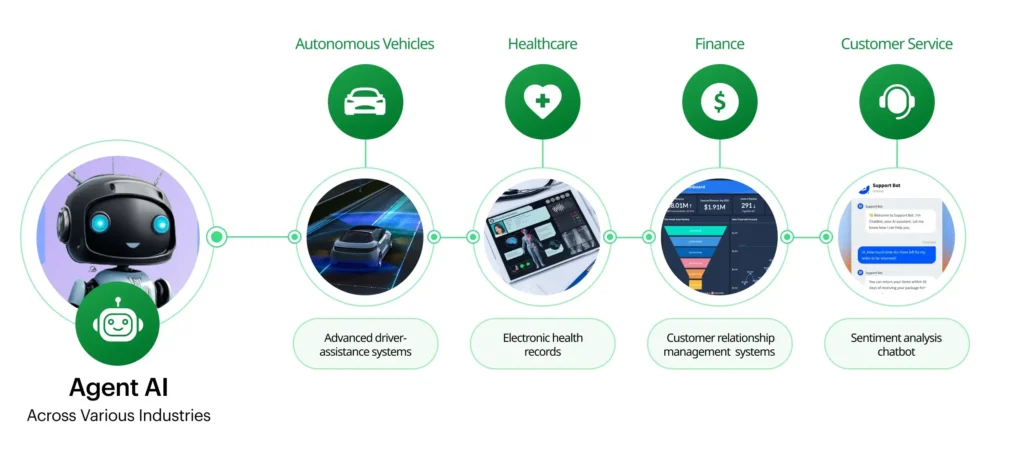
Applications of Agentic AI
1. Customer Service & Virtual Assistants
- AI-driven chatbots and virtual assistants can engage with customers, resolve queries, and even predict user needs before they arise.
- Conversational AI systems like ChatGPT, Google Bard, and Microsoft Copilot leverage AI Agents principles to provide more intuitive interactions.
2. Autonomous Logistics & Supply Chain Management
- AI-powered logistics systems can optimize delivery routes, manage inventory, and predict supply chain disruptions.
- Autonomous warehouses utilize intelligent robots that proactively manage inventory and streamline fulfillment processes.
3. Financial Services & Fraud Detection
- Agentic AI can detect fraudulent transactions in real-time, reducing financial risks.
- It enables autonomous trading systems that analyze market trends and execute trades without human oversight.
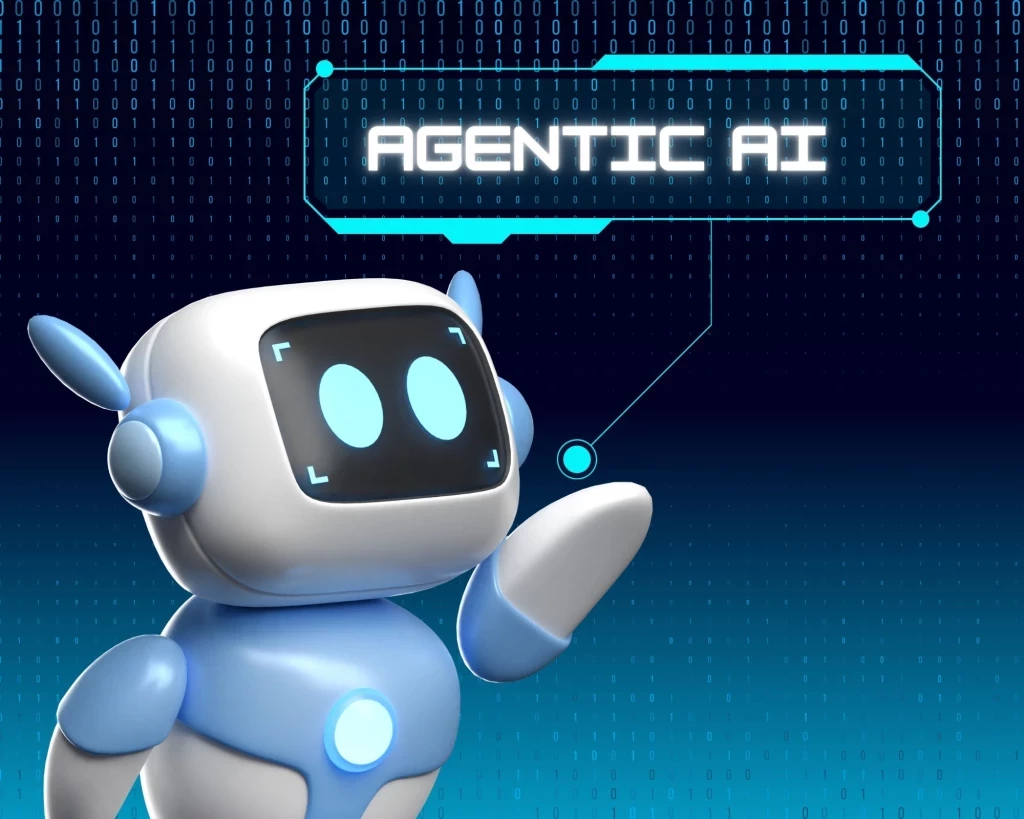
4. Healthcare & Diagnostics
- AI-powered diagnostic tools can analyze medical data, identify potential illnesses, and recommend treatments.
- Robotic surgery assistants use AI Agents to enhance precision and assist human surgeons in complex procedures.
5. Smart Homes & IoT Automation
- Agentic AI enhances smart home devices, allowing them to anticipate user behavior and automate home functions like lighting, security, and temperature control.
- AI-driven security systems detect unusual activities and take preventive measures autonomously.
Benefits of Agentic AI
- Increased Efficiency – Automates decision-making and reduces dependency on human intervention.
- Enhanced User Experience – Predicts user needs and provides tailored solutions in real time.
- Improved Accuracy – Reduces errors in decision-making processes by continuously learning from data.
- Cost Savings – Automates repetitive tasks, cutting down operational costs across industries.
- Scalability – Can be deployed across multiple domains, handling complex and large-scale tasks.
Challenges & Ethical Considerations
Despite its potential, Agentic AI presents several challenges:
- Bias and Ethical Issues – AI decisions can reflect biases in training data, requiring careful oversight.
- Security Risks – Autonomous systems are vulnerable to cyber threats and hacking attempts.
- Job Displacement – Increased automation may lead to workforce reductions in certain sectors.
- Accountability & Transparency – Ensuring AI decisions remain explainable and auditable is crucial for trust.
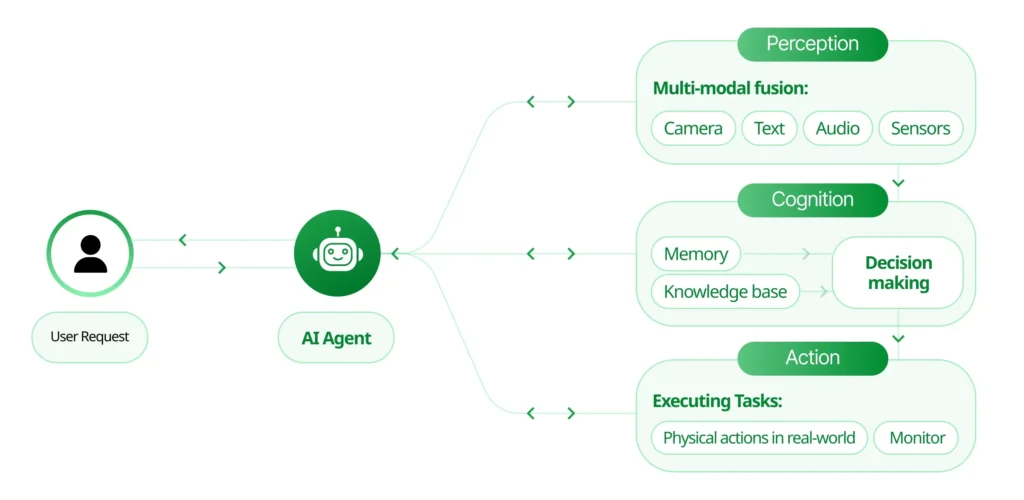
Future of Agentic AI
The future of Agentic AI lies in enhanced autonomy, improved reasoning capabilities, and stronger ethical frameworks. As AI technology advances, we can expect AI agents to become more intuitive, human-like in decision-making, and deeply integrated into everyday life. Innovations in human-AI collaboration, multi-agent systems, and responsible AI governance will shape how this technology evolves.
Conclusion
Agentic AI is poised to revolutionize industries by bringing autonomous intelligence to the forefront. From smart automation to self-learning systems, this new era of AI holds immense potential to transform the way we interact with technology. While challenges exist, continued advancements and ethical considerations will ensure that AI Agents is developed responsibly for the benefit of society.


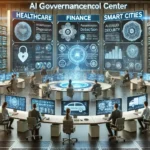



No responses yet